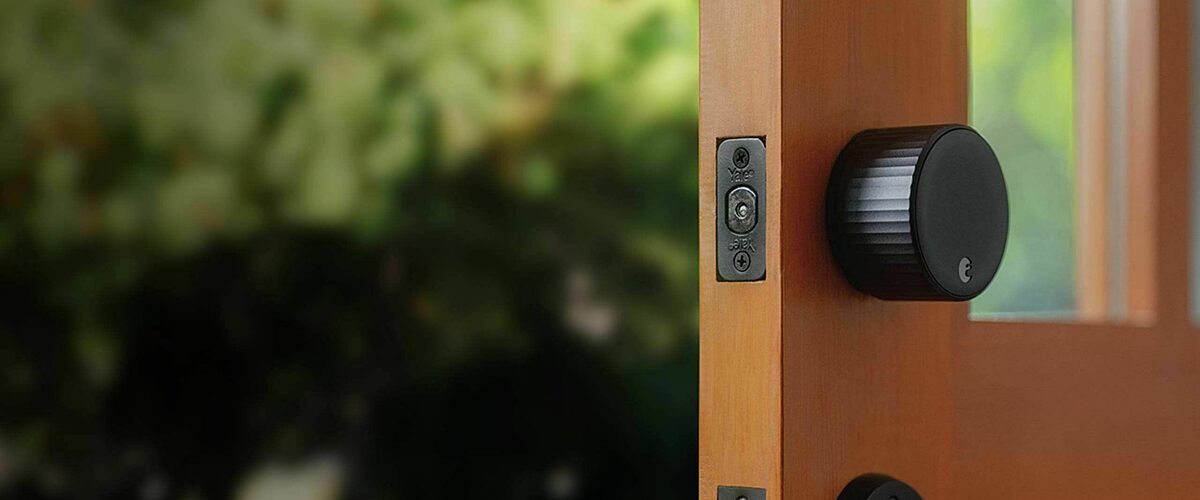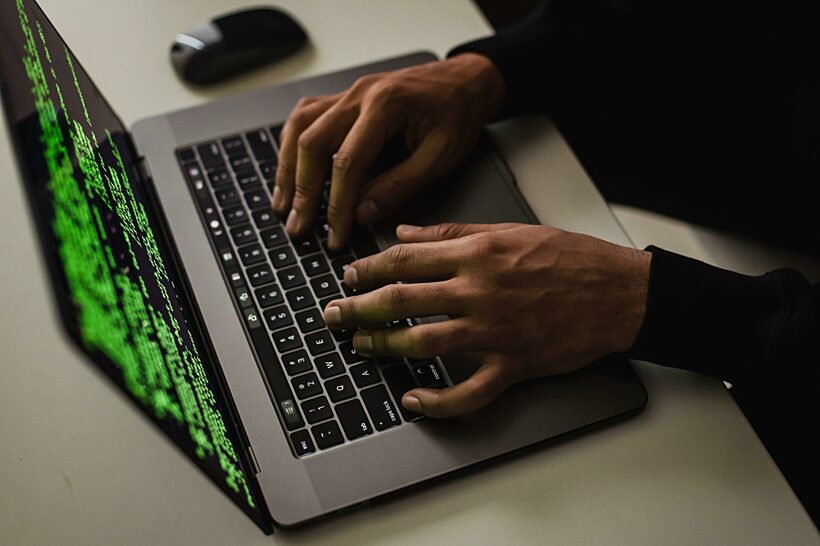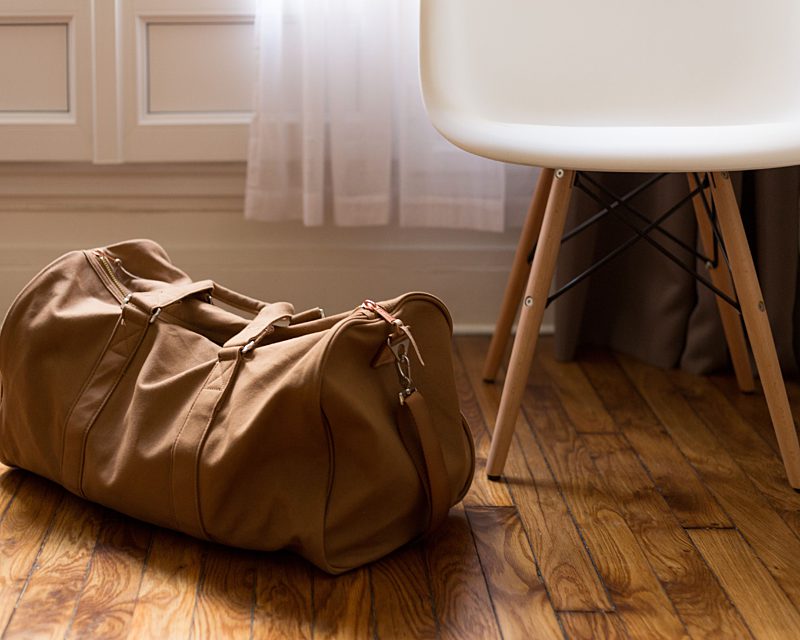
How safe are smart locks?
It’s the 21st century, and home automation has taken us by a storm. So why not automate the most used part of your house, the front door. Smart locks are hot right now, they’re easy to use and they can play a valuable part in your home security system. But how safe is a smart lock really and can they be hacked, leaving your smart home vulnerable for unwanted visitors?
Smart locks explained
Just like any other smart home device, a smart lock is designed to make your life easier and your home more secure. They come in all shapes and sizes, giving you control over your door whether you’re inside, outside or even out and about. Making sure you are always in control, preventing intruders from going inside, protecting your loved ones and keeping your valuables safe.
So forget about keys, there’s an array of smart locks out there allowing you to choose which one fits your and your smart home’s needs best. For example using your fingerprint, a password, your smartphone, or even your voice. Each of them having their own unique features and perks.

Can it be hacked?
So now for the big question, can a smart lock be hacked? The short answer is yes. Just like a traditional lock, it is possible to pick a smart lock. But when installed properly, and depending on the technology, a smart lock might be even safer. Nonetheless, there are a couple of ways your smart lock can be hacked.
The obvious way in which a smart lock can be compromised, just like traditional locks, is by using brute force. Intruders can remove or destroy smart locks that aren’t securely attached to your door or not guarded by a security camera.
Next to the non-digital way to compromise a smart lock, devious hackers can gain access to your home in several ways. From simply guessing your password or finding manufacturers flaws in the device, to more complex ways like decompiling the code from your smart lock and editing it, impersonating a device on your home network, or sending random data in order to get the device to get an error and unlock.
How to protect your smart lock from hackers
Thankfully, there are smart locks that can withstand most of these attacks, and manufacturers are constantly working on more secure and reliable smart locks. So when choosing your smart lock, there are a few things you can look out for.
First and foremost, buy your device from dependable companies, like Schlage or August, instead of trying to get the best, or cheapest, deal. Cheaper devices might be more appealing, but chances are the manufacturer compromised on some security protocols in order to keep their prices low.
If you’re not sure if the device you have your eye on can withstand hackers, there are some extra safety features you should look for in order to choose the safest possible smart lock for your home.
For example, making sure the device uses 2-Factor Authentication can make a hacker's job significantly more difficult. But also the possibility of using longer, more complex passwords can make a difference. Next to that, the device should use 128-bit AES encryption for its communication. In order to keep everything up to standards, make sure to update your devices regularly.
In the end, the decision is yours. A smart lock is, just like your current lock, hackable. But when choose your smart lock with caution, and don’t slouch on quality, a smart lock will keep your home equally, or even more, safe from intruders than a traditional lock.


